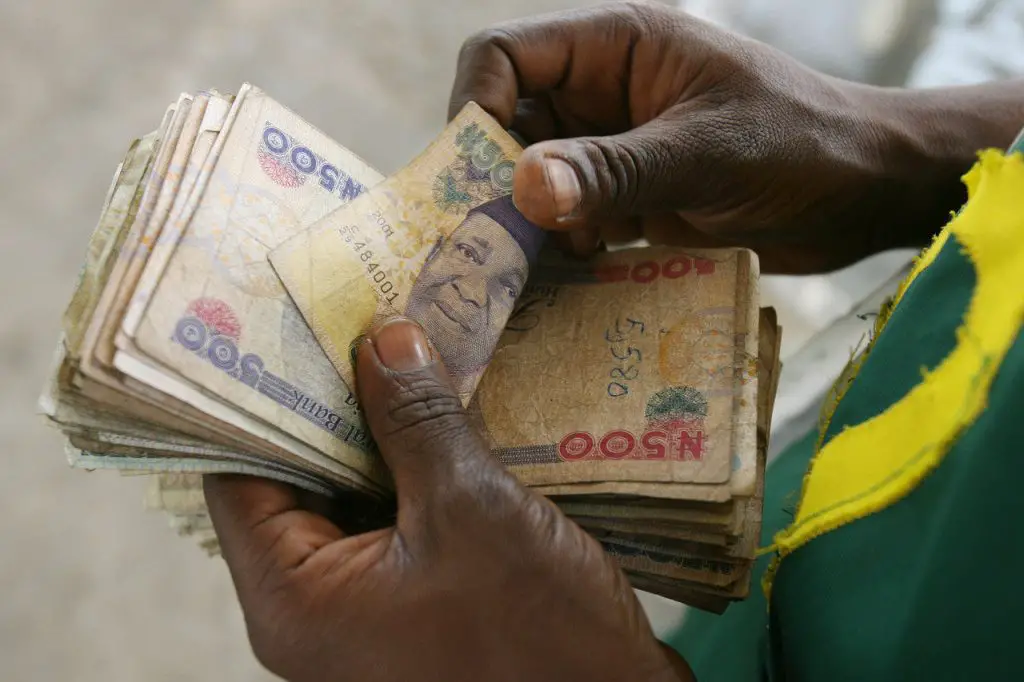Nigeria, one of Africa’s largest economy has recorded the highest quarterly growth (in the fourth quarter—Q4) since the 2016 recession.
The economic growth rose to an annual rate of 2.55 per cent in the three months to the end of December, Nigeria’s National Bureau of Statistics (NBS) revealed on Monday.
The NBS noted that, compared to the fourth quarter of 2018 which recorded a growth rate of 2.38 per cent, this represents an increase of 0.17 per cent points and an increase of 0.27 per cent points when compared with the third quarter of 2019.
READ:Nigerian annual inflation soars to 12.1 per cent in January
The statistician highlighted that Nigeria’s economy has been classified broadly into the oil and non-oil sectors, whereby in Q4 the oil sector scored a decent increase of 7.98 points relative to the rate recorded in the corresponding quarter of 2018.
Also, the non-oil sector grew by 2.26 per cent in Q4, the sector was driven during the fourth quarter mainly by information and communication, agriculture, financial and insurance services, and manufacturing.
NBS showed that the non-oil sector contributed to 92.68 per cent to the nation’s GDP in Q4. (https://casadelninobilingual.com)
In a different occasion, the World Bank noted that oil price volatility continued to influence Nigeria’s growth performance.
The bank highlighted that, following the oil price collapse in 2014-2016, combined with negative production shocks, the gross domestic product (GDP) growth rate dropped to 2.7 per cent in 2015.
In 2016 during its first recession in 25 years, the economy contracted by 1.6 per cent.
In the same context, African Development Bank also had its own economic outlook on Nigeria, arguing that, real GDP growth was estimated at 2.3 per cent in 2019, marginally higher than 1.9 per cent in 2018.
AfDB noted that the populous nation in Africa would fetch growth mainly from transport, improved oil sector, and information and communications technology











